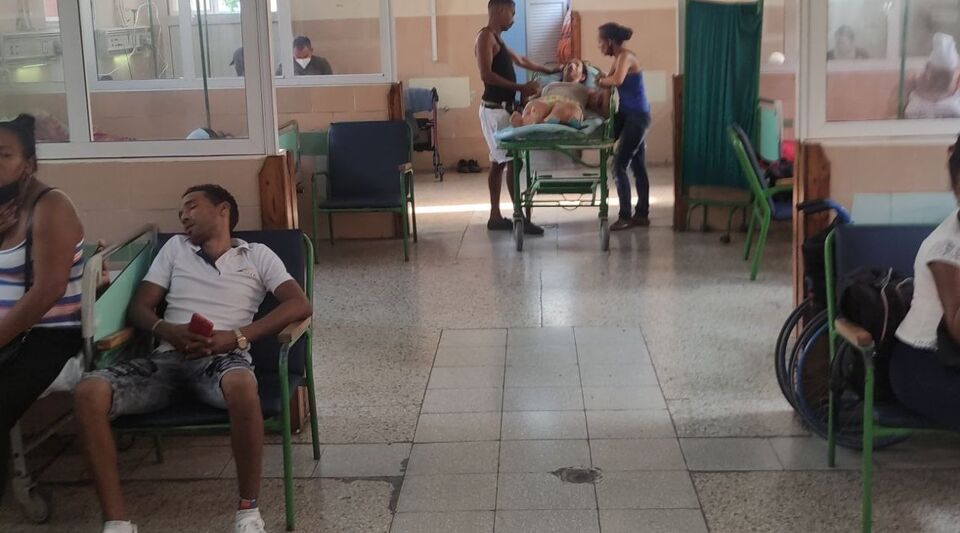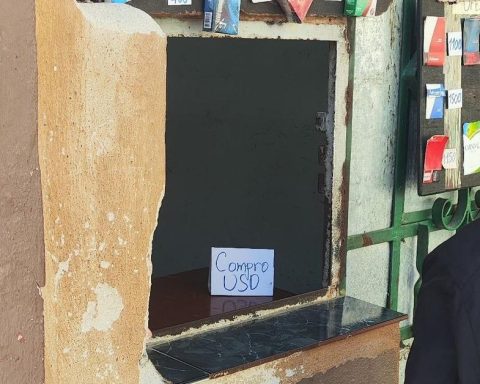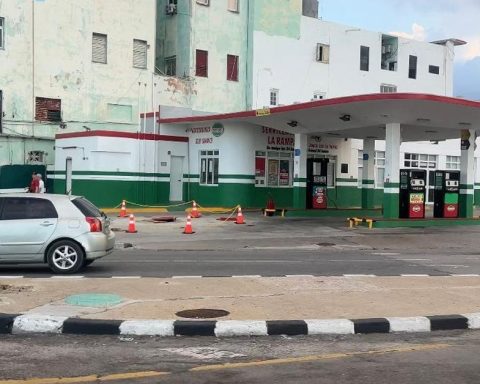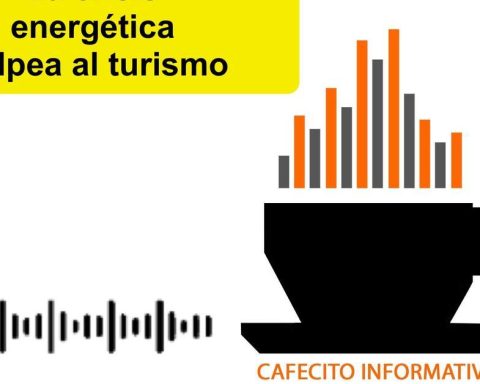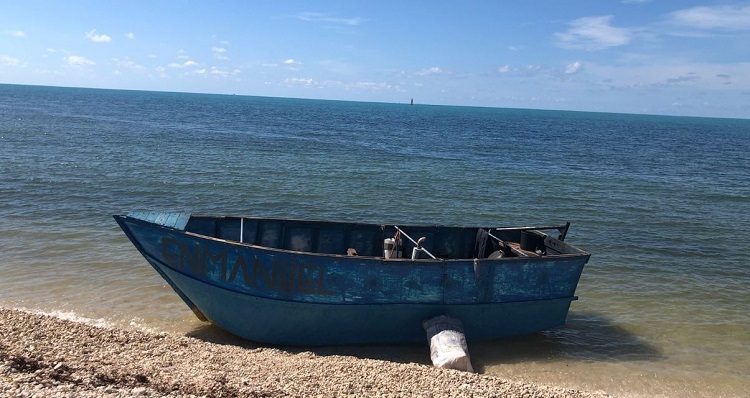The Hospital General Universitario General Calixto García, in Havana, is far from being today the prestigious center that it once was. Much less does it honor the propaganda that, on official pages sells its services as “high quality”.
The sanatorium, one of the oldest in the capital, is rather the epitome of the situation in which hospitals find themselves in Cuba. While the government promotes its powerful Medical Services Marketer as a desperate tool to attract tourism that does not stop avoiding the island, hospitals and clinics for Cubans sink into misery, corruption and unhealthiness.
Sandra remembers the week she spent at the Calixto García with her mother, Luisa, like a nightmare. Both resisted going to the doctor, like so many other Cubans, until the woman, in her seventies, began to feel short of breath and the pain in her chest that she suffered from her became unbearable.
That they had to travel by taxi, and not by ambulance, they took for granted, given the shortage of fuel. What bothered both of them, as soon as they entered, was that there weren’t even stretcher bearers. “I had to find the stretcher and move it around the hospital,” she tells 14ymedio Sandra. The shortage of personnel, precisely, is something widespread in health services due, above all, to unstoppable migration.
The wait to go to the consultation was not in any room, but in the middle of the corridor, where the smell of disinfectant was overshadowed by that of miasmas and urine coming from the bathrooms. “I’m very nosy,” says Sandra, “and that was unbearable.”
The wait to go to the consultation was not in any room, but in the middle of the corridor, where the smell of disinfectant was overshadowed by that of miasmas and urine
Right there, they observed a whole parade of patients, many of them severe dengue patients, which this season has devastated the Island. “There was everything waiting there, without any separation, even another lady full of balls, as if she had smallpox of the monkey”, continues narrating the young woman. “Without any privacy or anything like that, on a stretcher in the middle of the corridor, they pumped out the stomach of a woman who poisoned herself with Diazepam. The woman said that she wanted to leave all this shit. What can I tell you, not all the world is strong.
The worst, however, was yet to come. Luisa, diagnosed with pneumonia, spent the night alone in the hospital. Her daughter, when she went to visit her the next day, observed that she had made a ball on her arm, where they had taken her IV. “It is very common, they told me, that the trocar needle comes out of the vein and the serum accumulates under the skin,” she says. “The problem is that the nurse told me that there was no more exchange anywhere and they couldn’t change it.”
Sandra soon learned that this “nowhere” was overcome with a little will… and money under the table. The young woman first approached the supervisor and the deputy director of the hospital. “They told me and swore to me that there was no exchange, that I had to put up with it.” When she turned around, already resigned, an employee of the center, a witness to the scene, approached her and said: “I can solve that for you, tell me which bed is, wait for me there, I’ll take it to you” . Sandra gave 200 pesos, and another 200 pesos to the nurse who, in collusion with the auxiliary, put the trocar on Luisa.
“They also offered me Rocephin – the antibiotic that was precisely prescribed to her mother – at 250 pesos per bulb, and if I needed a person to stay with my relative, they also solved it for me,” Sandra details.
“A simple hospital employee has the trocar, medicines, everything, and yet the bosses assured me that there was nothing in the hospital. Everything is pure corruption”
And he denounces: “With everything and that, put number, They lie constantly. One day they didn’t give my mother the antibiotic, and they told her anything. In the morning, in another shift of nurses, I complained, and one told me: ‘Yes, they gave her the Rocephin, because it is recorded here in the book.’
Sandra cannot explain “how a simple hospital employee has the trocar, medicines, everything, and yet the bosses assured me that there was nothing in the hospital. Everything is pure corruption, a horror that hospitals have become Cubans”.
As if that were not enough, one morning, the cell phones of several patients were stolen. “In the same room, in 24 hours, there were three similar robberies”, indicates Sandra. “If it wasn’t an employee, it was someone disguised as an employee.”
In the midst of the suffering of their relatives, people were forced to go to an Etecsa office, with the identity card of their patients and a medical certificate stating that they were hospitalized, so that the state company would cancel the number and allow him to draw a new line.
All this is told by Sandra, she asserts, “so that they have an idea of what a person who has a patient in this country has to go through. Falling in a hospital has become a disgrace.”
________________________
Collaborate with our work:
The team of 14ymedio is committed to doing serious journalism that reflects the reality of deep Cuba. Thank you for joining us on this long road. We invite you to continue supporting us, but this time becoming a member of our newspaper. Together we can continue transforming journalism in Cuba.
